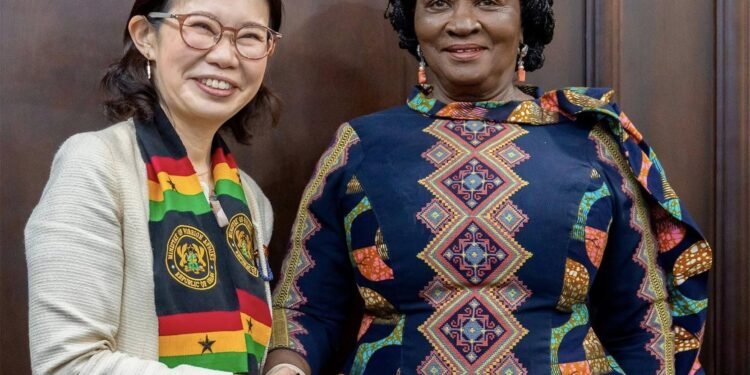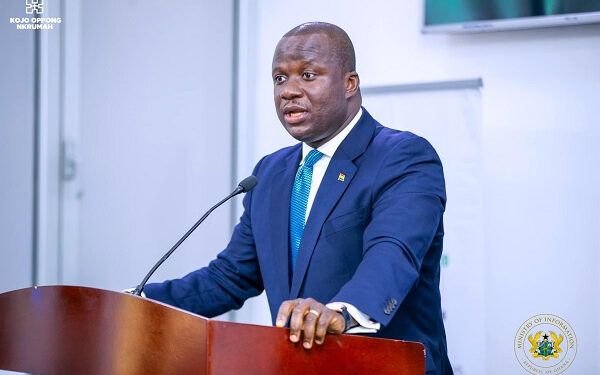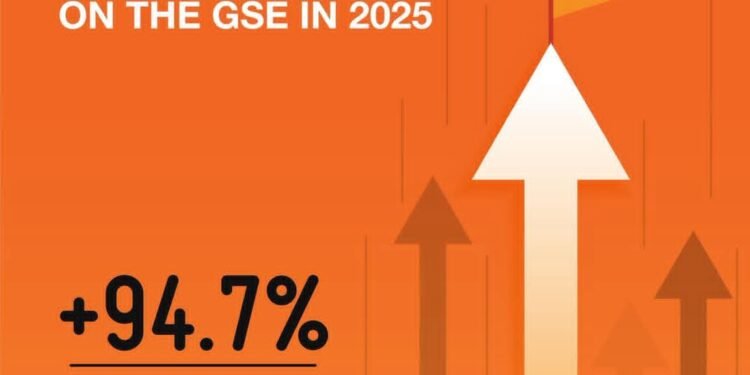Dr. Cassiel Ato Forson, Ghana’s Finance Minister-designate, has vowed to bring the country’s inflation rate back to single digits, targeting 8% with a margin of plus or minus two.
During his vetting on January 13, Dr. Forson outlined his vision for stabilizing the economy, emphasizing the need for robust fiscal measures, strict expenditure controls, and reduced reliance on borrowing.
Dr. Forson stressed the urgency of tackling inflation, which has eroded purchasing power and strained household budgets. He attributed the persistent inflationary pressures to loose fiscal policies and high government expenditure. To counter this, he plans to implement stringent financial management practices. “If we introduce strong measures, particularly on the expenditure side, we will be able to reduce inflation to 8% plus or minus two,” he affirmed.
A key component of his strategy involves reopening the domestic bond market. By stabilizing inflation, Dr. Forson believes Ghana can restore investor confidence and reduce its dependence on treasury bills for financing.
Emphasis on Fiscal Discipline
Dr. Forson underscored the importance of fiscal discipline as a cornerstone of his economic policy. He pointed out that with limited financial resources, the government must prioritize prudent spending. “Let’s deal with expenditure, let’s cut expenditure, and let us not pretend that there is money available,” he stated, emphasizing the need for transparent and sustainable financial practices.
Drawing lessons from international examples, Dr. Forson proposed adopting proven strategies to optimize resource allocation while reducing fiscal waste. He called for collective action from all stakeholders, including Parliament, to ensure the government lives within its means.
In his proposals, Dr. Forson criticized the government’s over-reliance on borrowing, warning that it deepens fiscal challenges and undermines economic stability. Instead, he advocated for cutting wasteful spending and redirecting resources to high-priority areas.
“It is time for us to cut the waste, and I will lead the process,” he pledged, urging a national commitment to fiscal prudence. This proactive stance aims to reduce the fiscal deficit, stabilize the cedi, and create an enabling environment for sustainable economic growth.
Tax Exemption Reforms
Another major focus of Dr. Forson’s agenda is reforming Ghana’s tax exemption regime, which he described as opaque and prone to favouritism. He criticized the current framework for undermining public confidence and creating opportunities for abuse, thereby hampering revenue mobilization.
“My problem with tax exemptions is the opaqueness and favouritism,” Dr. Forson stated, calling for a transparent and merit-based system.
He proposed clear and equitable criteria for granting tax exemptions, ensuring they benefit the country rather than serving narrow interests. Reforming this framework, he argued, is essential for mobilizing adequate revenue to fund development projects.
“Tax exemptions should be granted based on clear, transparent, and merit-based criteria,” he asserted, pledging to prioritize this issue if confirmed as Finance Minister.
Dr. Forson highlighted the importance of striking a balance between revenue mobilization and maintaining a business-friendly environment. He assured the vetting committee that his leadership would focus on creating a fair and accountable financial system while fostering an atmosphere conducive to private sector growth.
By streamlining tax exemption processes and ensuring accountability, Dr. Forson aims to attract investment and drive economic expansion without overburdening businesses.
Dr. Forson emphasized that achieving single-digit inflation and restoring economic stability requires a collective effort. He called on policymakers, businesses, and citizens to work together in implementing the necessary reforms. “Reducing inflation and stabilizing the economy is a shared responsibility. It requires discipline, commitment, and transparency from all stakeholders,” he noted.
As Ghana faces significant economic challenges, including high inflation, fiscal deficits, and dwindling investor confidence, Dr. Forson’s proposals offer a roadmap for recovery. His focus on fiscal discipline, reducing wasteful spending, and reforming the tax exemption regime reflects a pragmatic approach to addressing the country’s economic woes.
Should his nomination be approved, Ghanaians will look to Dr. Forson to deliver on his promises and steer the nation toward sustainable growth. By fostering transparency, accountability, and prudent financial management, he aims to lay the foundation for a stable and resilient economy.
With his commitment to restoring fiscal health, Dr. Forson’s leadership could mark a turning point in Ghana’s economic journey, bringing hope to millions and confidence to investors.























